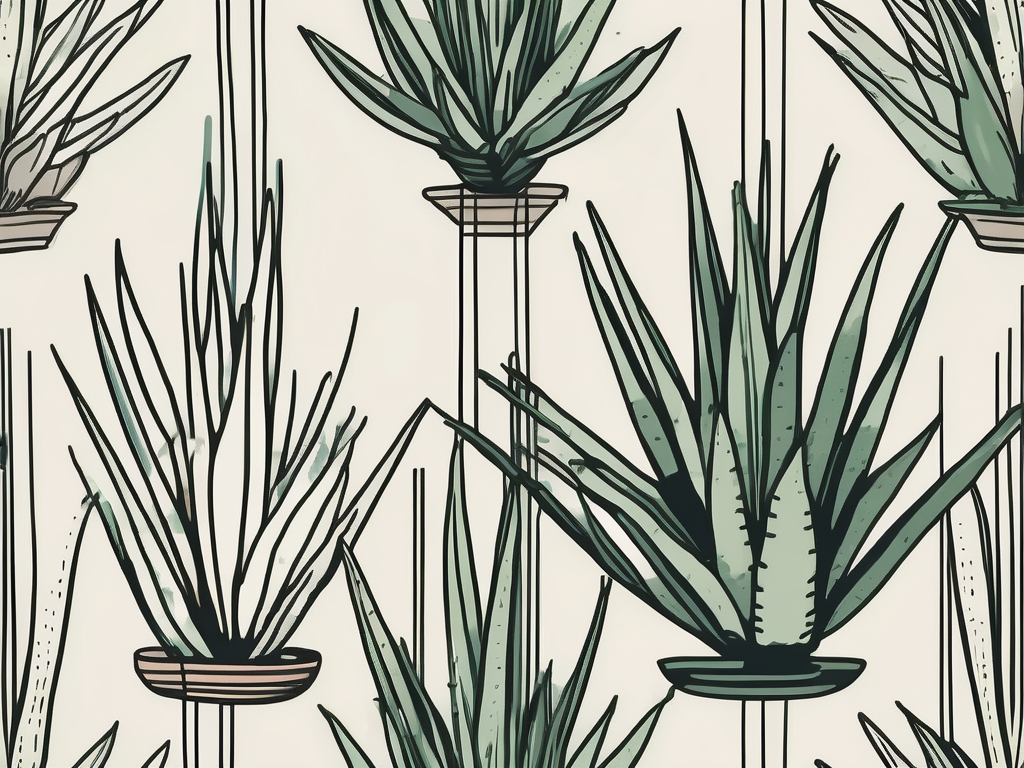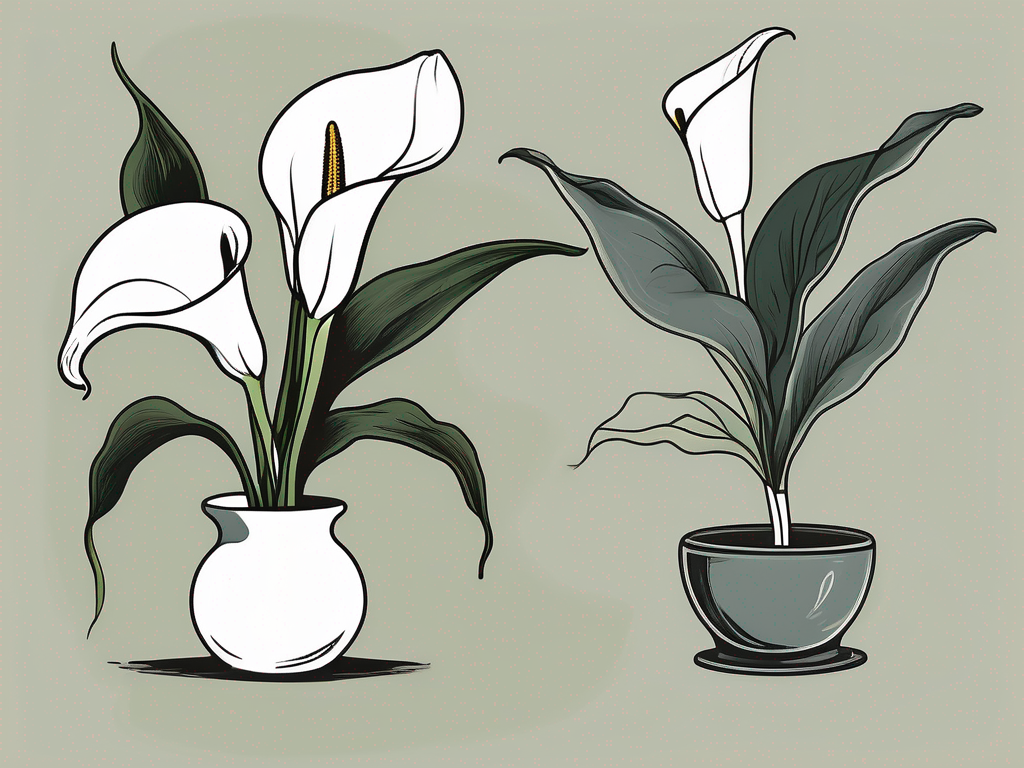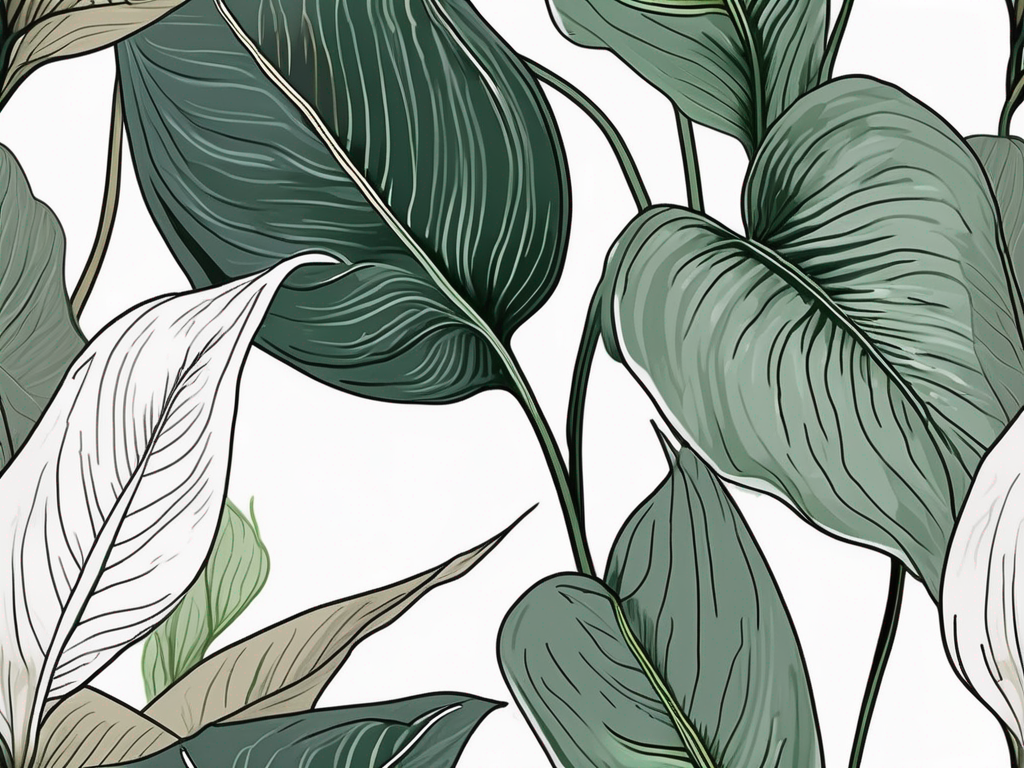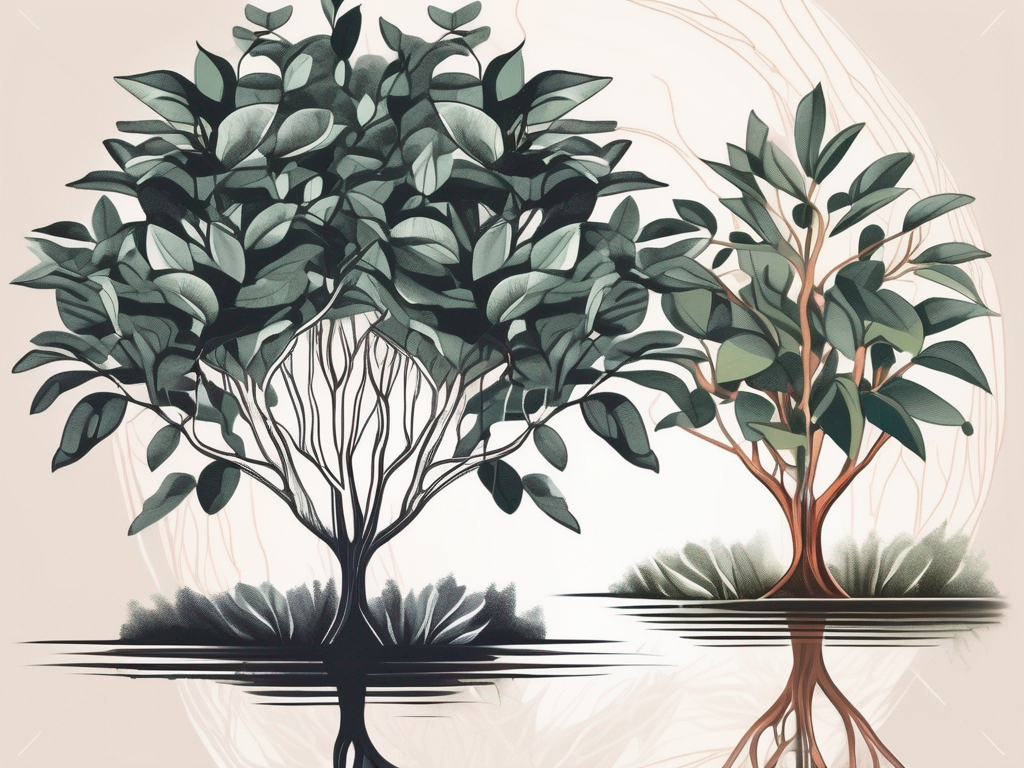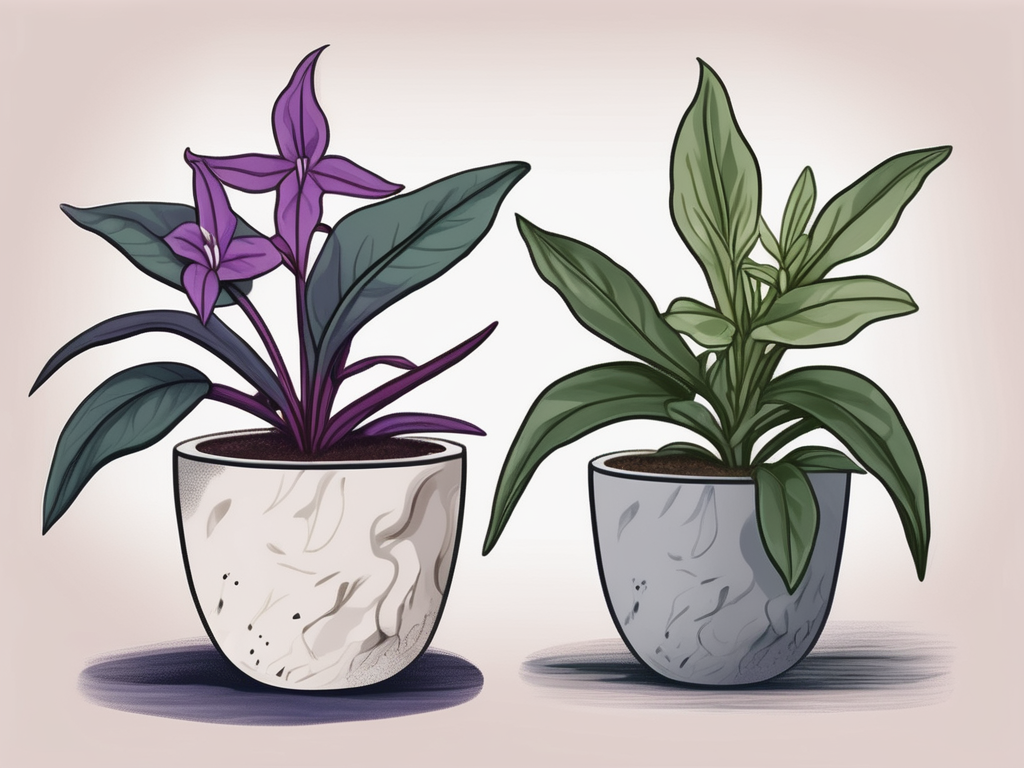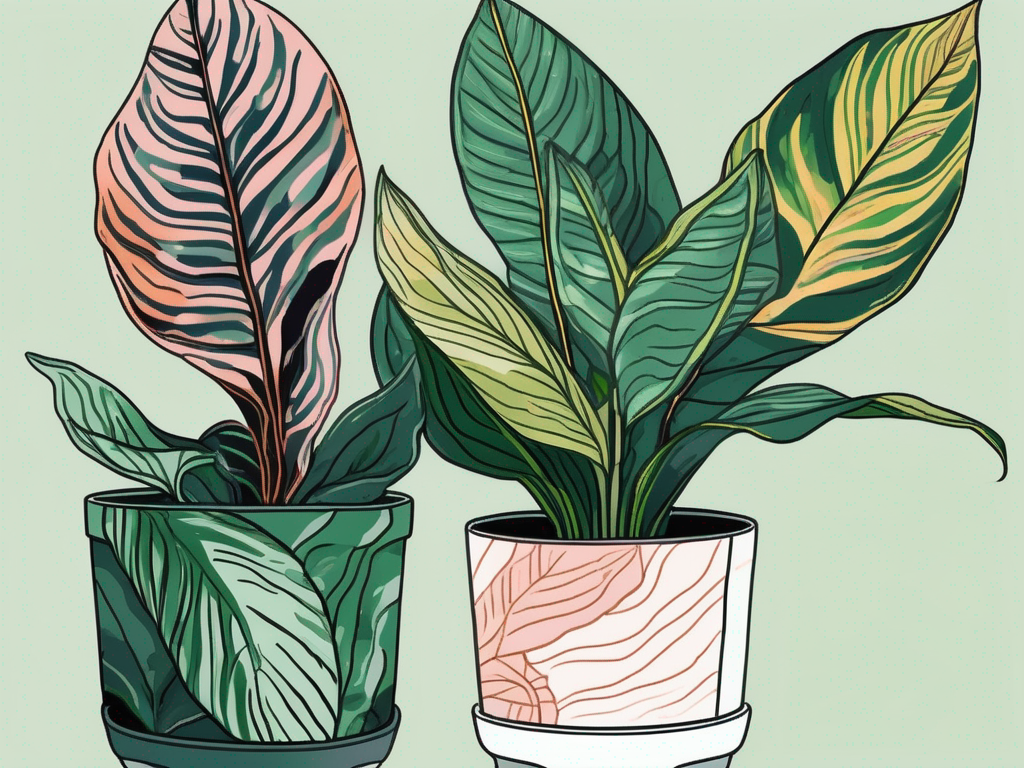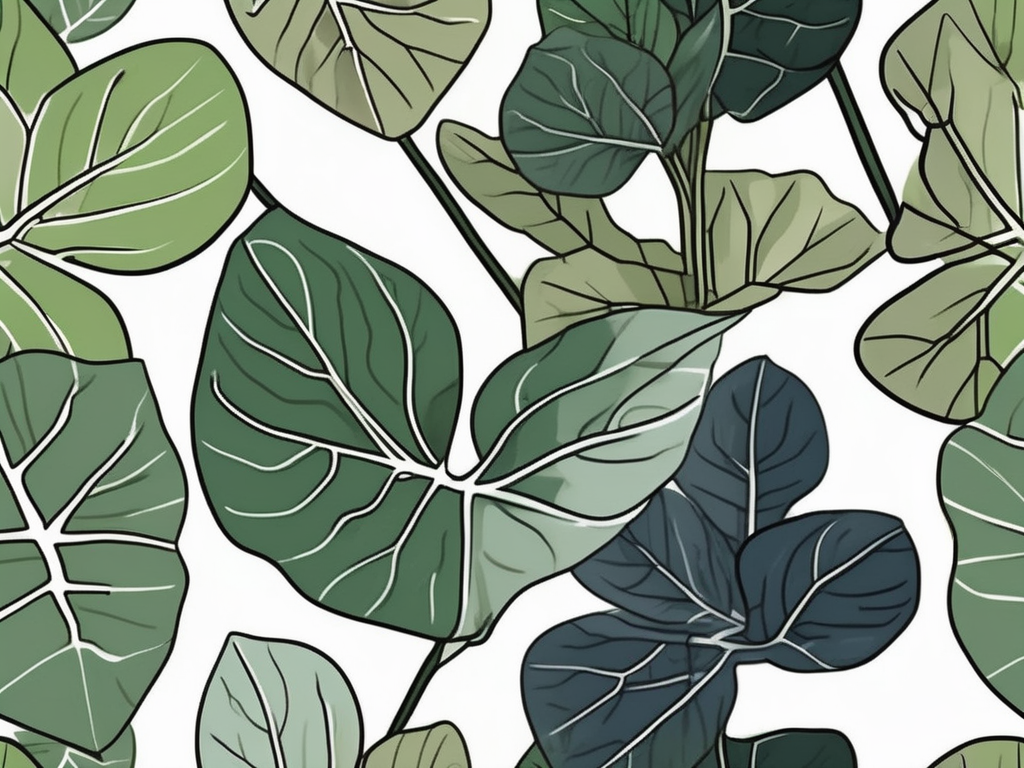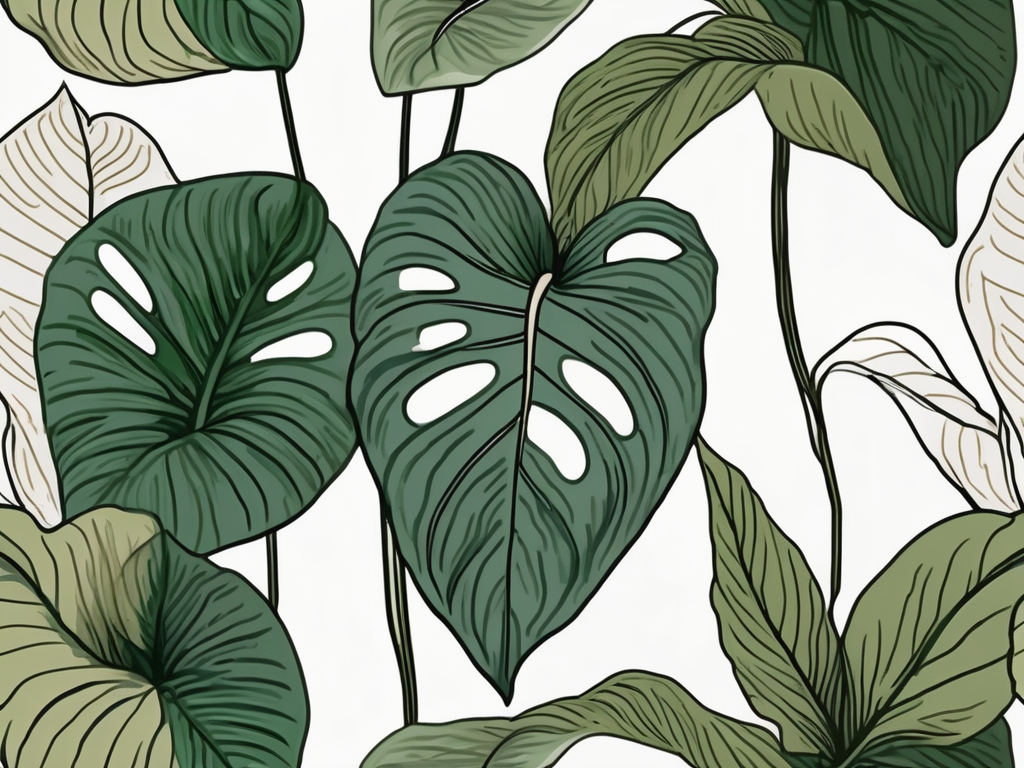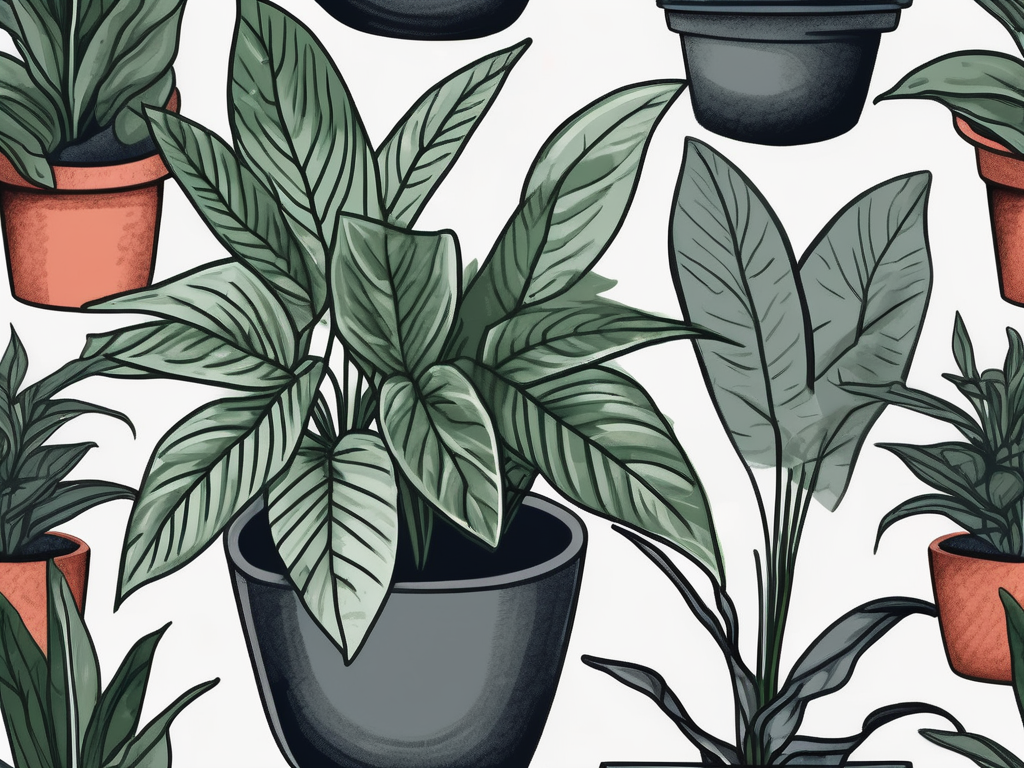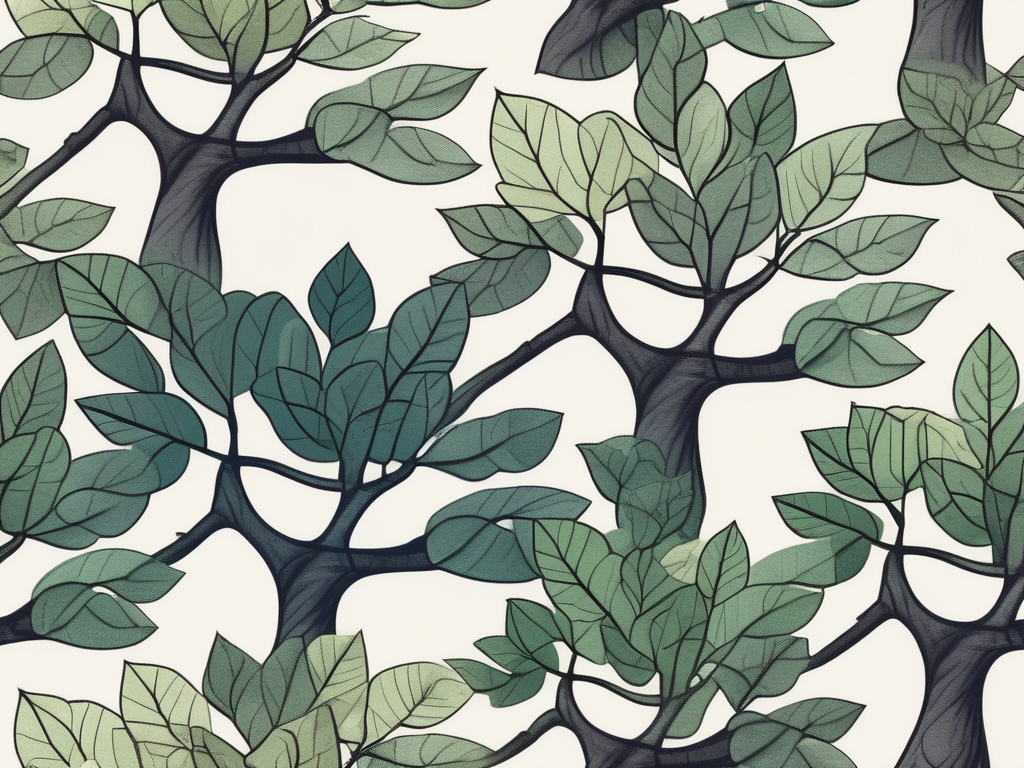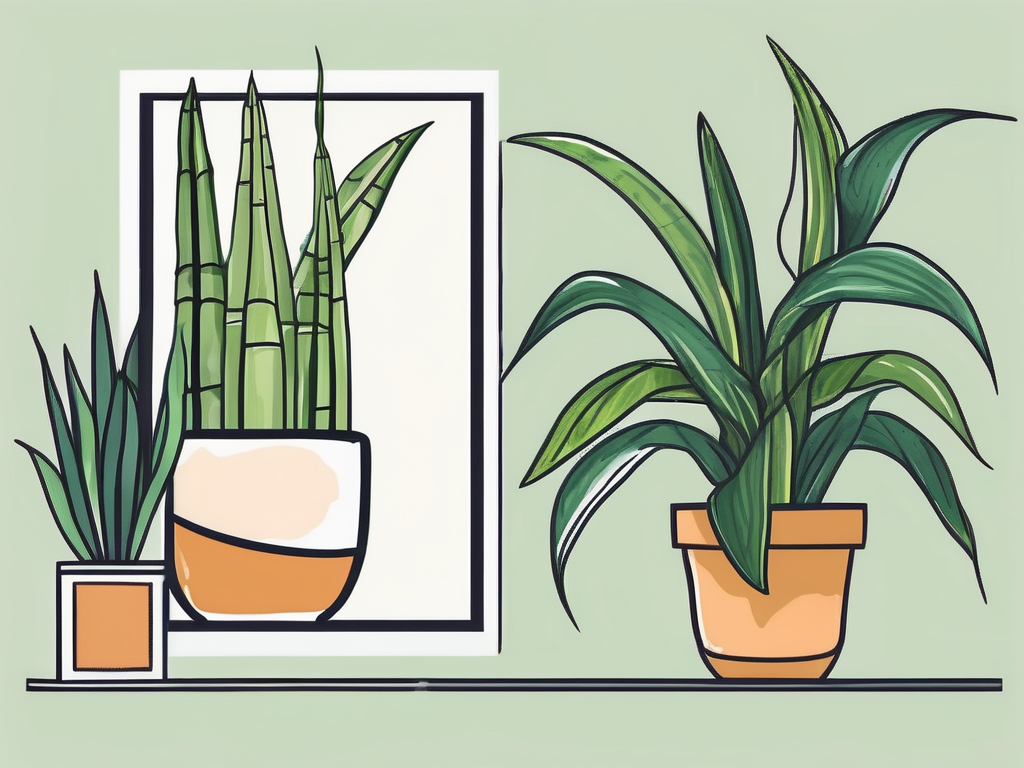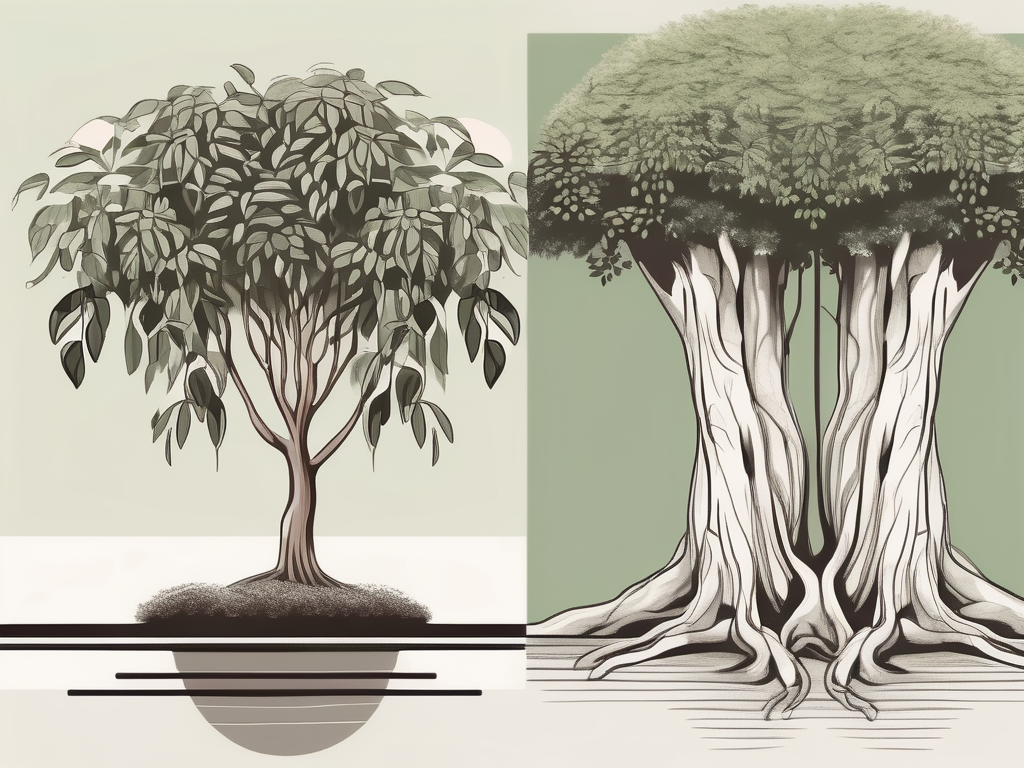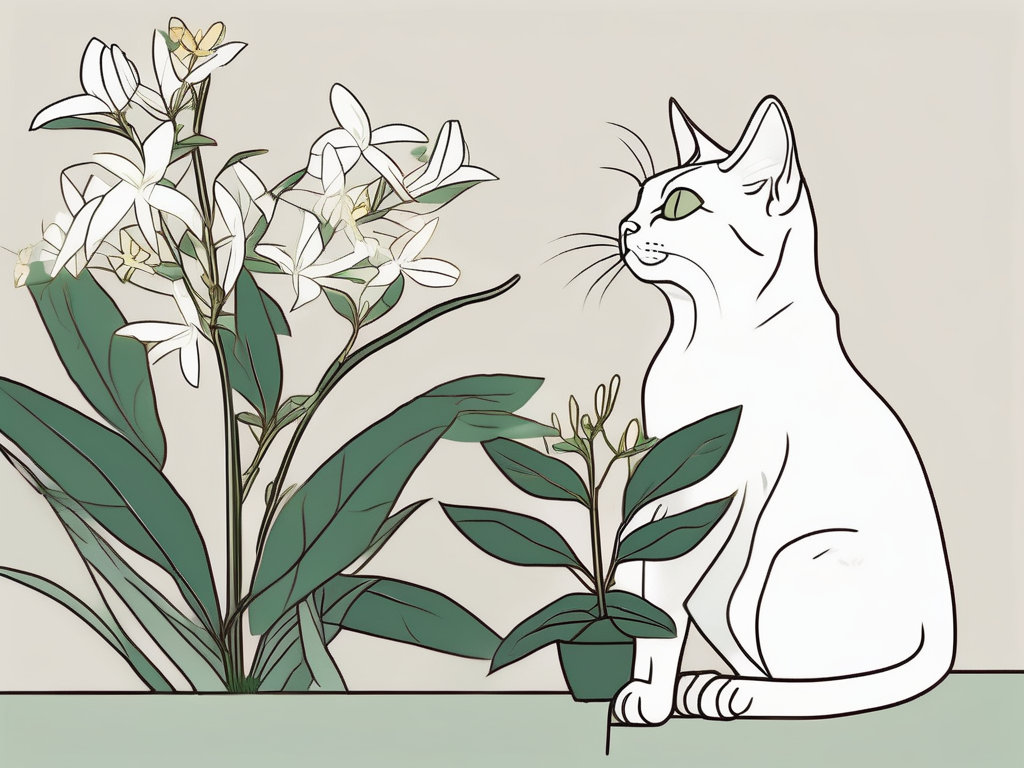
Madagascar Jasmine, with its elegant white flowers and intoxicating fragrance, is a popular choice for plant lovers wanting to add a touch of beauty to their homes. However, if you share your space with a feline friend, you might be wondering if this stunning plant is safe. After all, curious cats have a knack for getting into everything, including your beloved houseplants.
This article will explore whether Madagascar Jasmine poses a risk to your cat’s health. We’ll also look at what makes a plant toxic, the symptoms to watch for if your cat has a nibble, and some safer plant alternatives. By the end, you’ll not only know how to keep your cat safe but also how to maintain a beautiful, pet-friendly home.
Understanding Madagascar Jasmine
First, let’s talk a bit about Madagascar Jasmine itself. Known scientifically as Stephanotis floribunda, this plant is native to Madagascar and is famous for its star-shaped, waxy flowers. They’re often used in wedding bouquets, which adds to their allure and popularity among plant people. But what makes them so appealing can also raise cause for concern if you have pets.
Madagascar Jasmine enjoys warm climates and can grow both indoors and outdoors, making it a versatile choice for many homes. They need a bit of care, though, preferring indirect sunlight and well-draining soil. Regular watering is key, but be careful not to overwater. They’re a bit like Goldilocks—everything needs to be just right for them to thrive.
But here’s the catch: while Madagascar Jasmine isn’t listed as toxic by the ASPCA (American Society for the Prevention of Cruelty to Animals), some anecdotal evidence suggests it might still cause mild discomfort if ingested by pets. Therefore, understanding what makes a plant toxic is essential.
What Makes a Plant Toxic?
The term “toxic” can be a little misleading. When it comes to plants, toxicity often refers to the plant’s ability to cause harm if ingested or if it comes into contact with skin. This harm can range from mild irritation to severe illness. Some plants have evolved to produce toxins as a defense mechanism against herbivores, while others might just have components that irritate sensitive systems like those of our furry friends.
For cats, certain plants are hazardous due to their unique physiology. Cats lack certain liver enzymes needed to process some chemicals found in plants, which can lead to toxicity even if the plant is only mildly harmful to other animals. Symptoms of plant toxicity in cats can include:
- Vomiting and diarrhea
- Drooling or foaming at the mouth
- Lethargy
- Tremors or seizures
- Difficulty breathing
It’s essential to know your cat’s habits. If they tend to chew on plants, having non-toxic plants around is vital to prevent these unpleasant symptoms.
Is Madagascar Jasmine Toxic to Cats?
So, what about Madagascar Jasmine? As mentioned earlier, it’s not on the ASPCA’s list of toxic plants. However, it’s crucial to remember that absence from the list doesn’t mean it’s entirely safe. Some plant lovers have reported mild symptoms like drooling and vomiting in pets that have nibbled on the plant. These symptoms suggest that Madagascar Jasmine might cause irritation rather than full-blown toxicity.
If your cat shows any symptoms after coming into contact with Madagascar Jasmine, it’s best to consult your veterinarian. They can provide guidance tailored to your pet’s specific situation. In general, if your cat has a tendency to taste-test your plants, it might be wise to keep Madagascar Jasmine out of reach.
Symptoms of Plant Toxicity in Cats
Recognizing the symptoms of plant toxicity can help you take swift action if your cat has a run-in with your houseplants. While we’ve touched on some of these symptoms briefly, let’s dive a bit deeper so you know exactly what to look for:
- Gastrointestinal Signs: This includes vomiting, diarrhea, and a lack of appetite. If your cat suddenly loses interest in their food or has unusual bathroom habits, it might be time to check your plants.
- Behavioral Changes: Cats might start acting lethargic or unusually anxious. They might also seem 'off'—not sleeping or playing as they usually do.
- Neurological Symptoms: These are more severe and include tremors, seizures, or unsteadiness. If you notice these, it’s time for an emergency vet visit.
It’s better to err on the side of caution. If you suspect your cat has ingested something it shouldn’t have, seek veterinary care immediately. Time is often of the essence in these situations.
Choosing Cat-Friendly Plants
If you’re a plant lover who shares your home with a cat, you might be wondering about safer alternatives. Luckily, there are plenty of beautiful, non-toxic plants that can coexist happily with your feline friend:
- Spider Plant: Known for its air-purifying qualities, it’s also safe for cats. Plus, the long, arching leaves provide a fun plaything for curious paws.
- Bamboo: Not only is it safe for cats, but it’s also easy to care for. Just make sure it gets enough light and water, and it’ll thrive.
- Boston Fern: This plant loves humidity and indirect light, and it won’t harm your cat if they decide to take a nibble.
- Areca Palm: Another air purifier, this palm is non-toxic and can add a tropical vibe to your home.
These plants are great for adding greenery to your space without compromising your pet's safety. Always double-check plant toxicity, as some plants can have different effects on different pets.
Keeping Cats Away from Plants
Even if you fill your home with non-toxic plants, it’s still a good idea to discourage your cat from using them as a snack bar. Here are some tips to keep your feline away from your greenery:
- Provide Alternatives: Cats often chew plants out of boredom or a need to munch on something green. Cat grass is a great alternative that’s safe and satisfying for them.
- Use Deterrents: Citrus scents, cayenne pepper, or commercial pet deterrent sprays can make plants less appealing.
- Strategic Placement: Place plants in areas that are harder for your cat to reach, like hanging pots or shelves.
- Training: Positive reinforcement training can help teach your cat to leave plants alone. Reward them when they ignore the plants and engage with them through play or treats.
It’s all about creating an environment where your cat is less tempted to mess with your plants.
Setting Up a Pet-Friendly Plant Space
Designing a home that’s both lush with greenery and safe for pets is possible with a bit of planning. Consider creating a specific area for your plants, perhaps a plant shelf or corner that’s visually pleasing but out of reach for your cat. Vertical spaces are excellent for this, offering height and dimension without putting plants at ground level.
You can use different plant stands to create layers, giving a jungle-like feel without endangering your pets. Mixing in hanging planters can also enhance the space, adding depth and interest. If your cat is particularly adventurous, consider using plant terrariums or glass cloches to protect more vulnerable plants.
Why Cats Are Drawn to Plants
Have you ever wondered why your cat is so interested in plants? It turns out, there are a few reasons for this behavior. Cats are naturally curious creatures, and anything new or different in their environment will catch their attention. The texture of leaves and the movement of plants in the breeze can be irresistible.
Additionally, some cats are attracted to the smell of certain plants, while others may simply enjoy the taste or the sensation of chewing. Understanding why your cat is drawn to plants can help you better manage their interactions with your greenery. Knowing their motivations can guide you in providing safe alternatives, like cat grass or catnip, which can satisfy their curiosity and chewing desires.
Conclusion
While Madagascar Jasmine isn’t officially recognized as toxic to cats, it’s always better to be cautious with any plant not explicitly labeled as safe. Keeping an eye on your cat’s behavior and providing non-toxic plant alternatives can help create a harmonious environment for both your plants and pets.
At Cafe Planta, we’re all about helping you find the perfect balance between a thriving plant collection and a safe home for your furry friends. Whether you’re looking for safe plant choices or need advice on care, feel free to email us or reach out on Instagram. We believe in the power of plants to bring joy and connection and are thrilled to support you on your plant journey.

